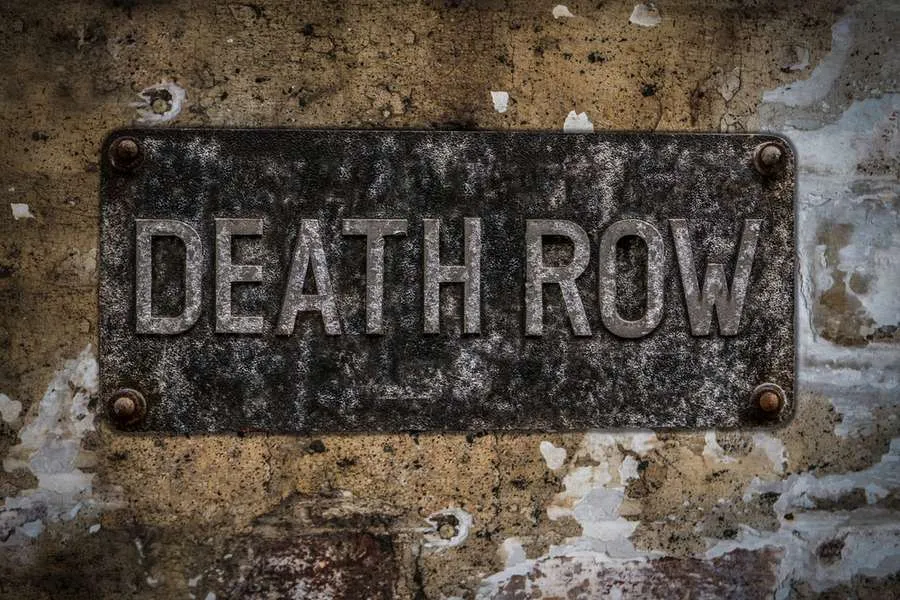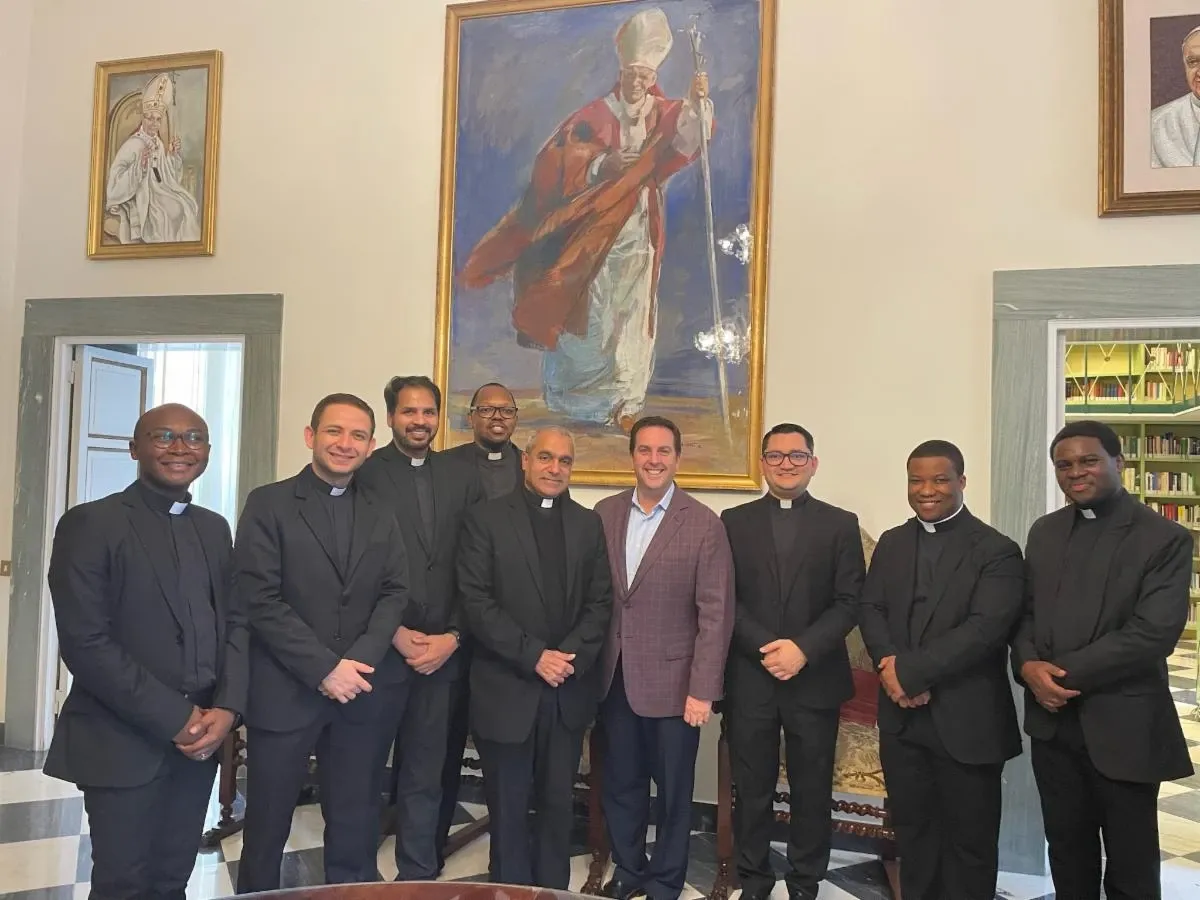However, it was not a “rupture” but a development in line with statements of recent popes, theologian Fr. Thomas Petri told CNA. Fr. Petri is the dean and acting president of the Pontifical Faculty of the Immaculate Conception at the Dominican House of Studies in Washington, D.C.
“When you talk about the development of teaching, you’re always talking about growing from what has come before, and never sort of a rupture,” he said.
“I definitely think it’s in the line of what previous popes have taught,” Fr. Petri told CNA, pointing to Popes St. John Paul II and St. Paul VI as examples. “There has been an increasing hesitation about the use of the death penalty by the state.”
The Church’s position on the death penalty has always been part of the ordinary magisterium, Petri said, the teaching that “states have the right to inflict the penalty of death.” St. Paul admonished Christians about the legitimate power of the state to “bear the sword,” in chapter 13 of his letter to the Romans, which Pope Francis cites in Fratelli Tutti.
Many saints and popes have upheld this right of the state to punish justly, Petri said, and “no pope can somehow come out and contradict that”—an act which would indeed be a “rupture” in Church teaching.
Pope Francis, he said, did not contradict this teaching. In the 2018 revision to the Catechism, he referred to the death penalty as “inadmissible” but did not call it “intrinsically evil”—and this was a significant choice in words.
“There was a clear message of not using that word [intrinsically evil], when I think a lot of people would have liked him to use that word,” Petri said.
Petri told CNA that Pope Francis is speaking in continuity with recent popes including Pope St. John Paul II, who issued “a very strong statement” about capital punishment in his 1995 encyclical Evangelium Vitae; he said that the death penalty should only be used “when it would not be possible otherwise to defend society,” but added that because of improved security in prisons, “such cases are very rare, if not practically non-existent.”
Popes John Paul II and Francis have worked with the “prudential application” of the Church’s magisterial teaching on the authority of the state, Fr. Petri said, and not reversed it.
The Church has historically taught that the “primary reason for punishment” is “retribution,” he said, which is not revenge but “the idea that the punishment has to fit the gravity of the crime.” Secondary reasons for punishment included the rehabilitation of the criminal and the protection of society.








